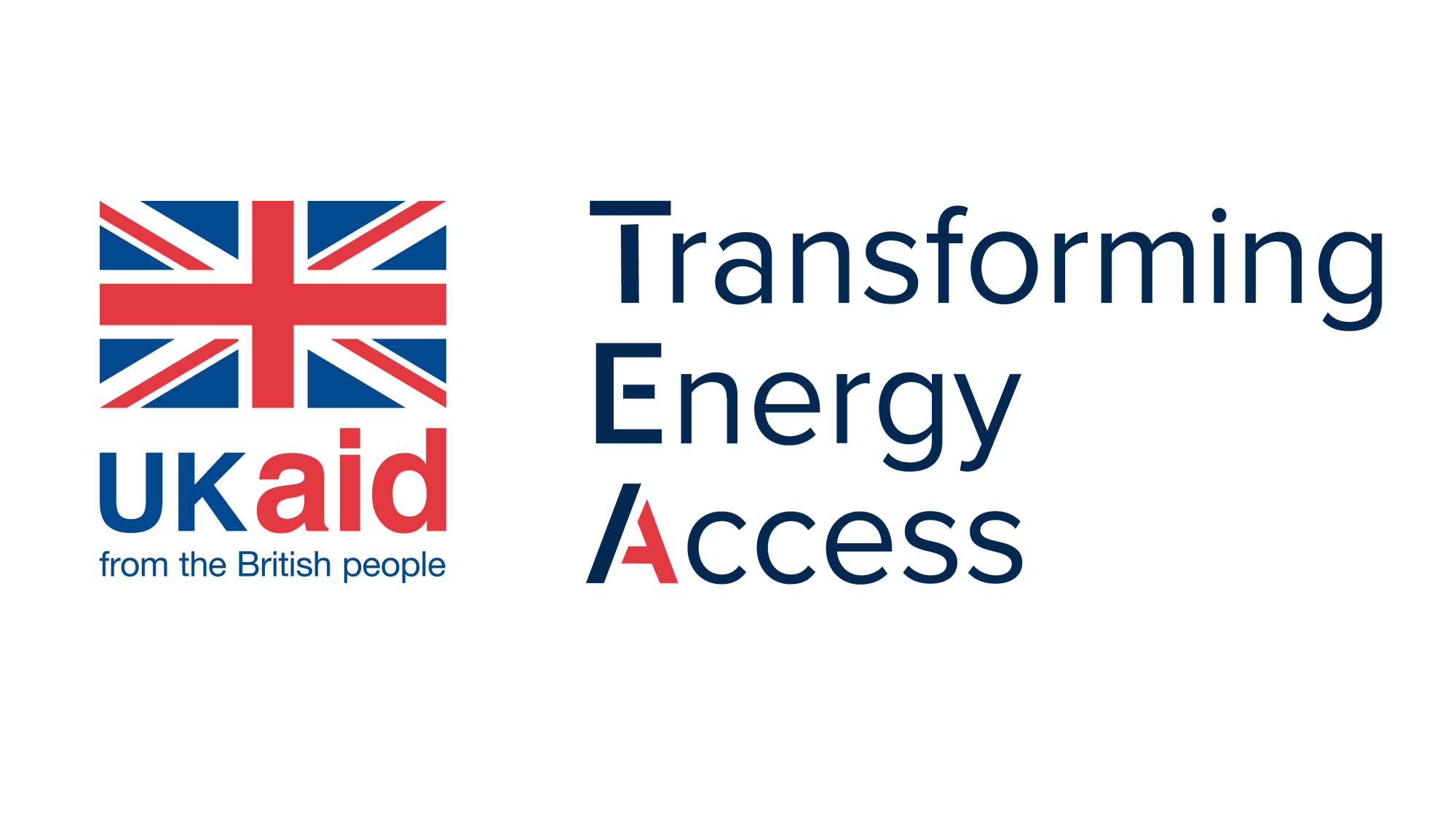In this section
In this sectionOn September 9th 2022, a workshop was held by UNITAR’s Global Platform for Action on Sustainable Energy in Settings of Displacement (GPA), in collaboration with the Global Refugee-Led Network (GRN), Ashden, and Chatham House, focused on mainstreaming humanitarian settings and community-driven methodologies within the existing programmes under FCDO’s Carbon Trust managed, Transforming Energy Access Programme (TEA). Experts from across the TEA partner network as well as the humanitarian energy sector came together to explore how displacement settings could be embedded within wider TEA activities- supporting long-term energy solutions for these contexts. Key insights were shared through a panel discussion and an interactive brainstorming session exploring viable models and methodologies to include displacement settings in wider TEA energy projects and programmes with a focus on community-driven, inclusive change. Interest in expanding existing energy projects into displacement settings was sparked and new connections between the humanitarian space and wider energy sector were made.
Harriet Lamb, CEO of Ashden shared the workshop’s opening words, emphasizing what she believes to be the key to successful energy access programming in displacement settings- collaborating directly with communities affected by displacement (both displaced and host) on developing and implementing energy solutions. Andrew Harper, Special Advisor to the High Commissioner for Climate Action at UNHCR helped contextualize the role of energy in humanitarian activities for participants, speaking to the importance of capacity building on the community level- providing the necessary tools for displaced communities, and ensuring that communities affected by displacement are involved in national energy programming. Co-moderating the workshop were Shaza Alrihawi, Co-Founder of the GRN and Thomas Fohgrub, Strategic Lead of the GPA Coordination Unit.
The first session explored what transforming the paradigm on humanitarian action on SDG 7 might look like, with key insights shared by Owen Grafham, Assistant Director, Environment and Society Programme at Chatham House; Giles Bristow, Director of Programmes at Ashden; Shaza Alrihawi, Co-founder of the Global Refugee-Led Network; and Phillip Sandwell, Humanitarian Energy Research Associate at the GPA Coordination Unit, UNITAR. Each panelist shared a unique perspective, focusing on the themes of data, inclusive investments, transformative UN/INGO change, and decarbonization respectively. The panelists agreed with Alrihawi’s point: a core challenge facing the humanitarian energy sector is the low success rate of implemented technologies. Energy solutions often fail to accommodate the specific needs and contexts of their users. The involvement of displaced and host communities in energy interventions, from the design stage, is critical. Bristow commented on how in encouraging local innovation and in backing local enterprises, opportunities for private sector involvement and market expansion are unlocked, meaningfully and justly. Standard humanitarian grant-based approaches are proving inefficient in providing adequate, sustainable energy access to displacement contexts. As Sandwell shared, alternative blended-finance solutions and schemes must be developed. Grafham expressed that “the right to work, the right to move and the presence of cash are the three things dictating to what extent an humanitarian setting is able to accommodate more market-based energy solutions”.
During the afternoon, workshop participants were allocated to one of five key focus groups facilitated by a subject expert (1. Data and Evidence, 2. Integrating Displaced Communities, 3. R+D, Technology Acceleration and Investment Opportunities, 4. Market Environments, 5. Overall Mainstreaming) to explore and address the following topics and questions:
- State of play: Is your organisation/ company working in displacement settings: yes, no, considering? If so: how, where, in what ways?
- Options for mainstreaming: How might your projects or partners be able to meaningfully include displaced people in their activities?
- Issues and opportunities: What challenges or issues can you observe or foresee for programmes working in humanitarian settings?
Though each group compiled their own responses to the above, key takeaways from discussions on topics 2 and 3 showed strong similarities across the board with challenges/ issues focused on the perceived short term and volatile nature of displacement settings leading to short term funding cycles, which in turn significantly limits projects and their sustainability; the (un)affordability of cleaner energy appliances; non-cooperative governments, the perceived high-risk of displacement contexts by the private sector, and the lack of understanding of local community and institutional dynamics. Proposed mitigation strategies ranged from prioritizing cross-sector, cross-programme collaboration, to establishing guarantee and other de-risking mechanisms, as well as ensuring the participation of all stakeholders in decision-making (e.g. displaced and host community members, private sector partners, and local, regional, and national governments). Participants highlighted the need for overall lessons-learned from previous and existing projects to be shared broadly to help inform not only theoretical, but practical solutions and strategies.
Each workshop participant was asked to consider how their individual organization could mainstream displacement contexts into their work. From focusing on community capacity building to prioritizing demand-led approaches, showcasing solutions for communities that are designed and run by communities, to developing participatory market systems, and ensuring that displaced and host community members are involved in research teams. Participants agreed that to ensure that displacement affected communities are not left behind in the clean energy transition, working outside of the traditional bounds of the humanitarian sector collaboratively is critical. Partnering with a wide range of stakeholders from the private and public spheres, and most of all, communities affected by displacement themselves, is key to developing sustainable, place-based energy programmes/ solutions.
A research and scoping issue summary on key issues on leave no one behind barriers, transformative UN/ INGO change, decarbonisation, inclusive investments is currently in the works. It will be accessible here once published.
This blog post was written by Joelle Hangi (GPA UNITAR Inclusivity Specialist) & Arielle Ben-Hur (GPA UNITAR Inclusivity Lead)
The programme is funded with UK aid from the UK government via the Transforming Energy Access programme.

Last updated: 10/07/2023



